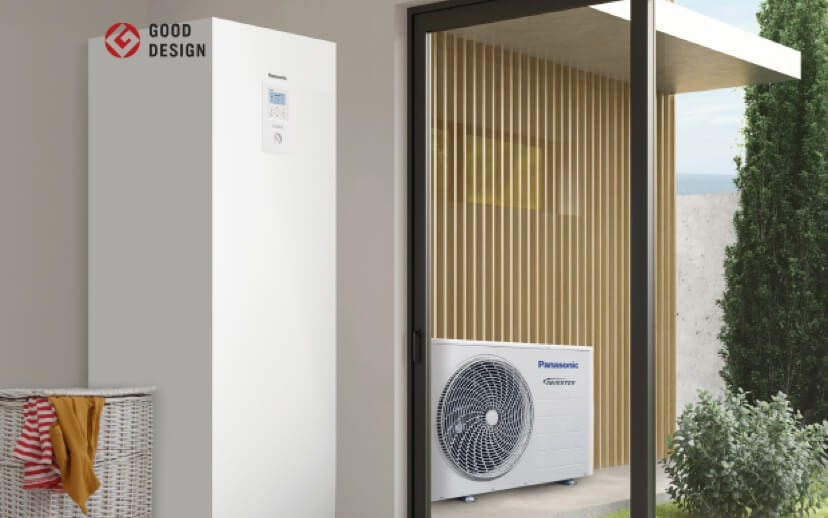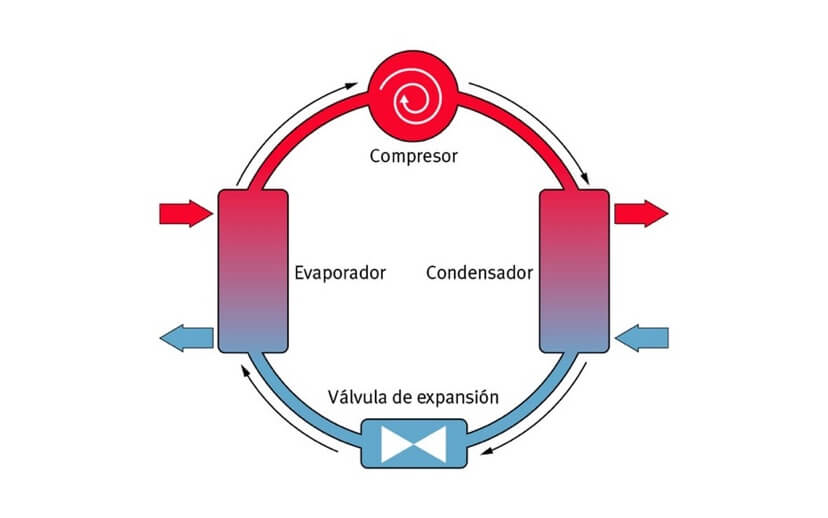Heat pump for low energy homes

Heat pumps are increasingly used for heating, cooling and domestic hot water production (DHW) in buildings.

Blog
Heat pump for low energy homes
Heat pumps are increasingly used for heating, cooling and domestic hot water production (DHW) in buildings. Their high efficiency and the fact that they are powered by electricity make them ideal for use in residential buildings, especially in low-energy homes.

A heat pump operates by extracting heat from one source and moving it another. During the winter, heat is extracted from outside air or from the ground, and transferred indoors. In the summer, the cycle is reversed. In the case of air-source heat pumps, a refrigerant gas is used for heat transfer, due to the fact that it has a low boiling point, and- under varying pressure conditions- absorbs large amounts of heat with it evaporates, and vice versa when it condenses.

Previously, heat pumps had on-off operation, so they would only work at nominal power when they were on. Thanks to compressors with variable frequency drives, heat pumps can now modulate power according to demand. There are a few important design aspects to bear in mind:
- Despite a variable frequency drive, the thermodynamic cycle of the refrigerant requires a minimum operating time, which requires hysteresis in the operation of the thermostat, with a minimum of 30 minutes.
- For low volume systems, a thermal inertia tank is needed, to allow for the hysteresis described above.
- Power can usually be modulated to a minimum of 30% of nominal power. This is important when dimensioning the inertia tank and the components that deliver thermal energy.
- As mentioned before, it is important to match the nominal power of the heat pump to the thermal load of the house. If the heat pump is oversized, demand will often be below 30% of nominal power, resulting in a high number of starts and stops for the compressor, reducing its useful life and increasing energy consumption unnecessarily.
- The thermal power and coefficient of performance (COP) of a heat pump depends on two temperatures: outdoor air temperature (in the case of air-source heat pumps), and the heating/cooling water temperature. It is important to ascertain that the heat pump power will be capable of supplying the thermal load of the house under extreme temperature conditions, both in winter and summer.